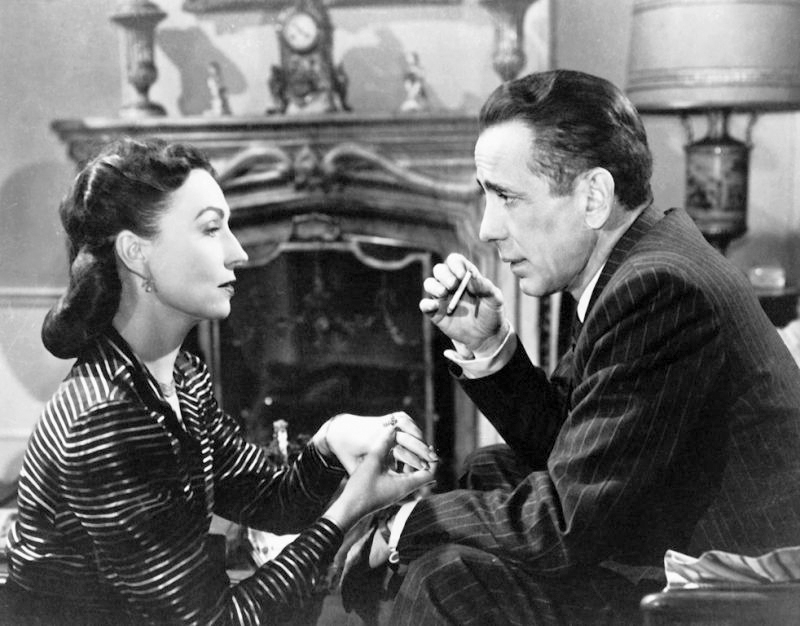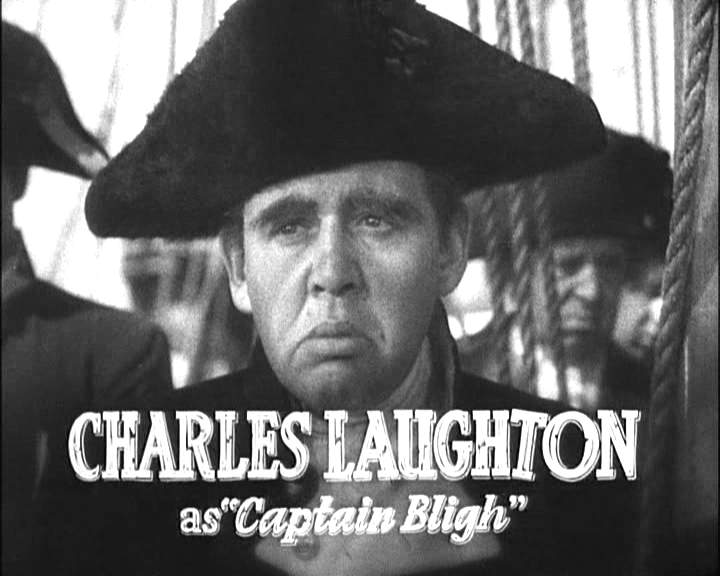|
Man And Superman
''Man and Superman'' is a four-act drama written by George Bernard Shaw in 1903, in response to a call for Shaw to write a play based on the Don Juan theme. ''Man and Superman'' opened at the Royal Court Theatre in London on 21 May 1905 as a four-act play produced by the Stage Society, and then by John Eugene Vedrenne and Harley Granville-Barker on 23 May, without Act III ("Don Juan in Hell"). A part of the third act (Scene 2), was performed when the drama was staged on 4 June 1907 at the Royal Court. The play was not performed in its entirety until 1915, when the Travelling Repertory Company played it at the Lyceum Theatre, Edinburgh. Summary Mr. Whitefield has recently died, and his will indicates that his daughter Ann should be left in the care of two men, Roebuck Ramsden and John Tanner. Ramsden, a venerable old man, distrusts John Tanner, an eloquent youth with revolutionary ideas, whom Shaw's stage directions describe as "prodigiously fluent of speech, restless, excita ... [...More Info...] [...Related Items...] OR: [Wikipedia] [Google] [Baidu] |
Arthur Bingham Walkley
Arthur Bingham Walkley (17 December 1855 – 7 October 1926), usually known as A B Walkley, was an English public servant and drama critic. As a civil servant he worked for the General Post Office from 1877 to 1919, in increasingly senior posts; he did not seek the highest official positions, preferring to leave himself time and energy for his parallel career as a drama critic. As a journalist he worked with Bernard Shaw on '' The Star'' at the beginning of his newspaper career; he is probably best known for his twenty-six years as theatre critic of ''The Times''. He retired from the Post Office in 1919, and for the last six years of his life concentrated wholly on writing. Life and career Early years and civil service career Walkley was born at Bedminster, Bristol, the only child of Arthur Hickman Walkley, a bookseller, and his wife, Caroline Charlotte, ''née'' Bingham. He was educated at Lord Weymouth's School, Warminster, and then gained an exhibition in mathematics at Ball ... [...More Info...] [...Related Items...] OR: [Wikipedia] [Google] [Baidu] |
Harley Granville Barker
Harley Granville-Barker (25 November 1877 – 31 August 1946) was an English actor, director, playwright, manager, critic, and theorist. After early success as an actor in the plays of George Bernard Shaw, he increasingly turned to directing and was a major figure in British theatre in the Edwardian and inter-war periods. As a writer his plays, which tackled difficult and controversial subject matter, met with a mixed reception during his lifetime but have continued to receive attention. Biography Early life and acting career Harley Granville-Barker was born in London, England on 25 November 1877. He left school at 14 and began a career in acting. As his career blossomed, he seemed to excel in roles that were a culmination of intelligence and romantic dreaminess. This landed him many roles such as; Tanner in ''Man and Superman'', Cusins in ''Major Barbara'', Marchbanks in '' Candida'', and Dubedat in '' The Doctor's Dilemma''. To be more specific the Dubedat and Cusins charact ... [...More Info...] [...Related Items...] OR: [Wikipedia] [Google] [Baidu] |
Don Giovanni
''Don Giovanni'' (; K. 527; full title: , literally ''The Rake Punished, or Don Giovanni'') is an opera in two acts with music by Wolfgang Amadeus Mozart to an Italian libretto by Lorenzo Da Ponte. Its subject is a centuries-old Spanish legend about a libertine as told by playwright Tirso de Molina in his 1630 play '' El burlador de Sevilla y convidado de piedra''. It is a ''dramma giocoso'' blending comedy, melodrama and supernatural elements (although the composer entered it into his catalogue simply as ''opera buffa''). It was premiered by the Prague Italian opera at the National Theatre (of Bohemia), now called the Estates Theatre, on 29 October 1787. ''Don Giovanni'' is regarded as one of the greatest operas of all time and has proved a fruitful subject for commentary in its own right; critic Fiona Maddocks has described it as one of Mozart's "trio of masterpieces with librettos by Da Ponte". Composition and premiere The opera was commissioned after the success of ... [...More Info...] [...Related Items...] OR: [Wikipedia] [Google] [Baidu] |
Spoken Word Album
A spoken word album is a recording of spoken material, a predecessor of the contemporary audiobook genre. Rather than featuring music or songs, the content of spoken word albums include political speeches, dramatic readings of historical documents, dialogue from a film soundtrack, dramatized versions of literary classics, stories for children, comedic material, and instructional recordings. The Grammy for Best Spoken Word Album has been awarded annually since 1959. Early beginnings Spoken word albums have been made since the early days of recording; examples include the popular Ronald Colman 1941 version of Charles Dickens' ''A Christmas Carol'' on American Decca Records. However, a true milestone was reached when Columbia Masterworks, which had previously released an album of excerpts from Shakespeare's '' Richard II'' with Maurice Evans, made a complete recording of Margaret Webster's famed (and never filmed) 1943 Broadway production of ''Othello'', starring Paul Robeson, ... [...More Info...] [...Related Items...] OR: [Wikipedia] [Google] [Baidu] |
Agnes Moorehead
Agnes Robertson Moorehead (December 6, 1900April 30, 1974) was an American actress. In a career spanning five decades, her credits included work in radio, stage, film, and television.Obituary '' Variety'', May 8, 1974, page 286. Moorehead was the recipient of such accolades as a Primetime Emmy Award and two Golden Globe Awards, in addition to nominations for four Academy Awards. Moorehead had joined Orson Welles' Mercury Players, as one of his principal performers in 1937. She also had notable roles in films such as ''Citizen Kane'' (1941), '' Dark Passage'' (1947), ''Show Boat'' (1951), and '' All That Heaven Allows'' (1955). Moorehead garnered four nominations for the Academy Award for Best Supporting Actress, for her performances in: ''The Magnificent Ambersons'' (1942), '' Mrs. Parkington'' (1944), '' Johnny Belinda'' (1948), and '' Hush...Hush, Sweet Charlotte'' (1964). She is also known for the radioplay '' Sorry, Wrong Number'' (1943). She gained acclaim for her role as ... [...More Info...] [...Related Items...] OR: [Wikipedia] [Google] [Baidu] |
Cedric Hardwicke
Sir Cedric Webster Hardwicke (19 February 1893 – 6 August 1964) was an English stage and film actor whose career spanned over 50 years. His theatre work included notable performances in productions of the plays of Shakespeare and Shaw, and his film work included leading roles in several adapted literary classics. Early life Hardwicke was born in Lye, Worcestershire (now West Midlands) to Edwin Webster Hardwicke and his wife, Jessie (née Masterson). He initially attended Stourbridge Grammar School moving to Bridgnorth Grammar School in Shropshire in September 1907 until July 1911. He intended to train as a doctor but failed to pass the necessary examinations."Hardwicke, Sir Cedric Webster" ''Who Was Who'', A & C Black, 1920–2008; online edition, |
Charles Laughton
Charles Laughton (; 1 July 1899 – 15 December 1962) was a British and American actor. He was trained in London at the Royal Academy of Dramatic Art and first appeared professionally on the stage in 1926. In 1927, he was cast in a play with his future wife Elsa Lanchester, with whom he lived and worked until his death. Laughton played a wide range of classical and modern roles, making an impact in Shakespeare at the Old Vic. His film career took him to Broadway and then Hollywood, but he also collaborated with Alexander Korda on notable British films of the era, including '' The Private Life of Henry VIII'', for which he won the Academy Award for Best Actor for his portrayal of the title character. He received two further nominations for his roles in ''Mutiny on the Bounty'' and '' Witness for the Prosecution'', and reprised the role of Henry VIII in '' Young Bess''. He portrayed everything from monsters and misfits to kings. Among Laughton's biggest film hits were '' Th ... [...More Info...] [...Related Items...] OR: [Wikipedia] [Google] [Baidu] |
Charles Boyer
Charles Boyer (; 28 August 1899 – 26 August 1978) was a French-American actor who appeared in more than 80 films between 1920 and 1976. After receiving an education in drama, Boyer started on the stage, but he found his success in American films during the 1930s. His memorable performances were among the era's most highly praised, in romantic dramas such as ''The Garden of Allah (1936 film), The Garden of Allah'' (1936), ''Algiers (1938 film), Algiers'' (1938), and ''Love Affair (1939 film), Love Affair'' (1939), as well as the mystery-thriller ''Gaslight (1944 film), Gaslight'' (1944). He received four Academy Awards, Oscar nominations for Best Actor. He also appeared as himself on the CBS sitcom ''I Love Lucy''. Life and career Early years Boyer was born in Figeac, Lot, France, the son of Augustine Louise Durand and Maurice Boyer, a merchant. Boyer (whose surname comes from , the Occitan language, Occitan word for "cowherd") was a shy small-town boy who discovered the movies ... [...More Info...] [...Related Items...] OR: [Wikipedia] [Google] [Baidu] |
Statue
A statue is a free-standing sculpture in which the realistic, full-length figures of persons or animals are carved or Casting (metalworking), cast in a durable material such as wood, metal or stone. Typical statues are life-sized or close to life-size. A sculpture that represents persons or animals in full figure, but that is small enough to lift and carry is a ''statuette'' or figurine, whilst those that are more than twice life-size are regarded as '':colossal statues, colossal statues''. Statues have been produced in many cultures from prehistory to the present; the oldest-known statue dating to about 30,000 years ago. Statues represent many different people and animals, real and mythical. Many statues are placed in public places as public art. The world's tallest statue, ''Statue of Unity'', is tall and is located near the Narmada dam in Gujarat, India. Colors Ancient statues often show the bare surface of the material of which they are made. For example, many people as ... [...More Info...] [...Related Items...] OR: [Wikipedia] [Google] [Baidu] |
Hell
In religion and folklore, hell is a location or state in the afterlife in which souls are subjected to punishment after death. Religions with a linear divine history sometimes depict hells as eternal destinations, such as Christianity and Islam, whereas religions with reincarnation usually depict a hell as an intermediary period between incarnations, as is the case in the Indian religions. Religions typically locate hell in another dimension or under Earth's surface. Other afterlife destinations include heaven, paradise, purgatory, limbo, and the underworld. Other religions, which do not conceive of the afterlife as a place of punishment or reward, merely describe an abode of the dead, the grave, a neutral place that is located under the surface of Earth (for example, see Kur, Hades, and Sheol). Such places are sometimes equated with the English word ''hell'', though a more correct translation would be "underworld" or "world of the dead". The ancient Mesopotamian, Greek, ... [...More Info...] [...Related Items...] OR: [Wikipedia] [Google] [Baidu] |
Mephistophelean
Mephistopheles ( , ), also known as Mephostophilis or Mephisto, is a demon featured in German folklore, originating as the chief devil in the Faust legend. He has since become a stock character appearing in other works of arts and popular culture. Mephistopheles never became an integral part of traditional magic. He is also referred to as the Shadow of Lucifer and Prince of Trickery. During the medieval and Renaissance times, Mephistopheles is equated with the devil due to his high position in the hellish hierarchy. He is one of the seven great princes of Hell, along with being one of the first four angels who rebelled against God and fell. In the popular fiction of Tenida, mephistophilis is used as a humourous and satirical dialogue. Origins Around the fifteenth to seventeenth centuries in Europe, the age of witchcraft waned, and the Devil became more of a fixture in literature until the later eighteenth century. Once the idea of Satan's "metaphysical existence" seemed less p ... [...More Info...] [...Related Items...] OR: [Wikipedia] [Google] [Baidu] |
Devil
A devil is the mythical personification of evil as it is conceived in various cultures and religious traditions. It is seen as the objectification of a hostile and destructive force. Jeffrey Burton Russell states that the different conceptions of the devil can be summed up as 1) a principle of evil independent from God, 2) an aspect of God, 3) a created being turning evil (a '' fallen angel'') or 4) a symbol of human evil. Each tradition, culture, and religion with a devil in its mythos offers a different lens on manifestations of evil.Jeffrey Burton Russell, ''The Devil: Perceptions of Evil from Antiquity to Primitive Christianity'', Cornell University Press 1987 , pp. 41–75 The history of these perspectives intertwines with theology, mythology, psychiatry, art, and literature, developing independently within each of the traditions. It occurs historically in many contexts and cultures, and is given many different names— Satan (Judaism), Lucifer (Christianity), Bee ... [...More Info...] [...Related Items...] OR: [Wikipedia] [Google] [Baidu] |








